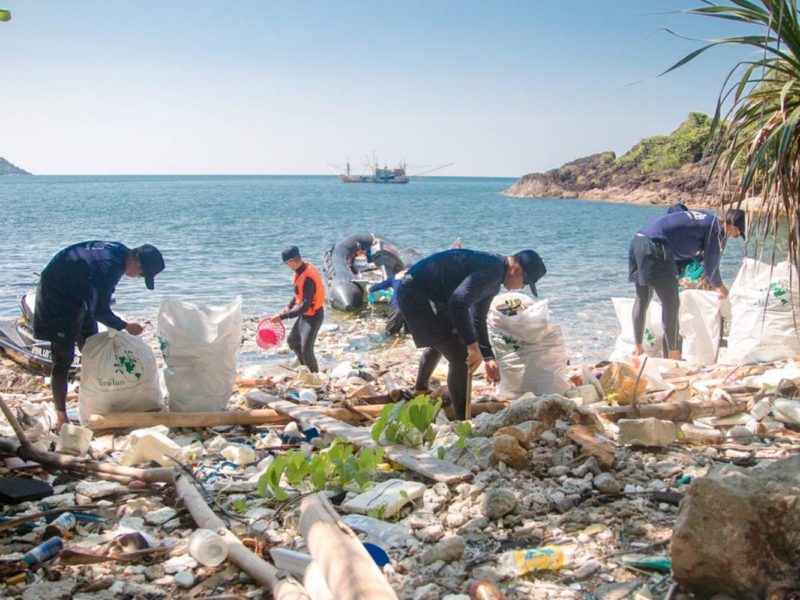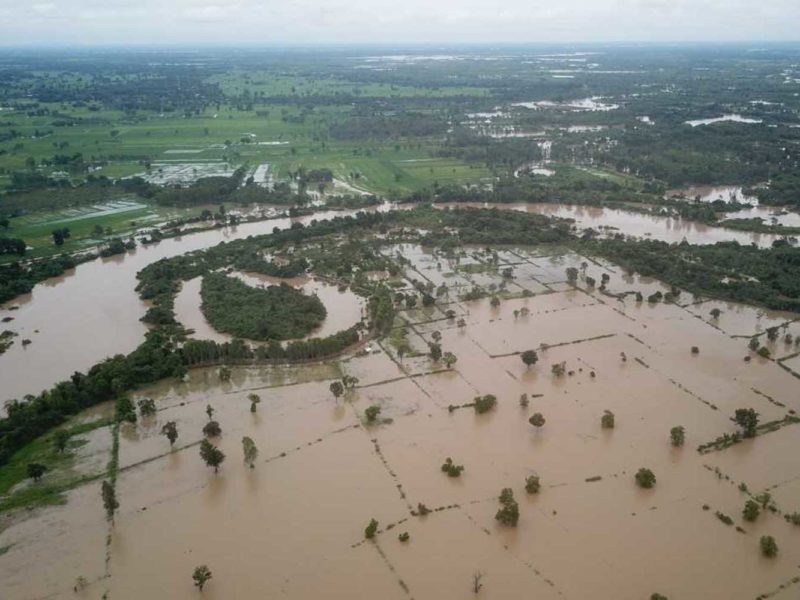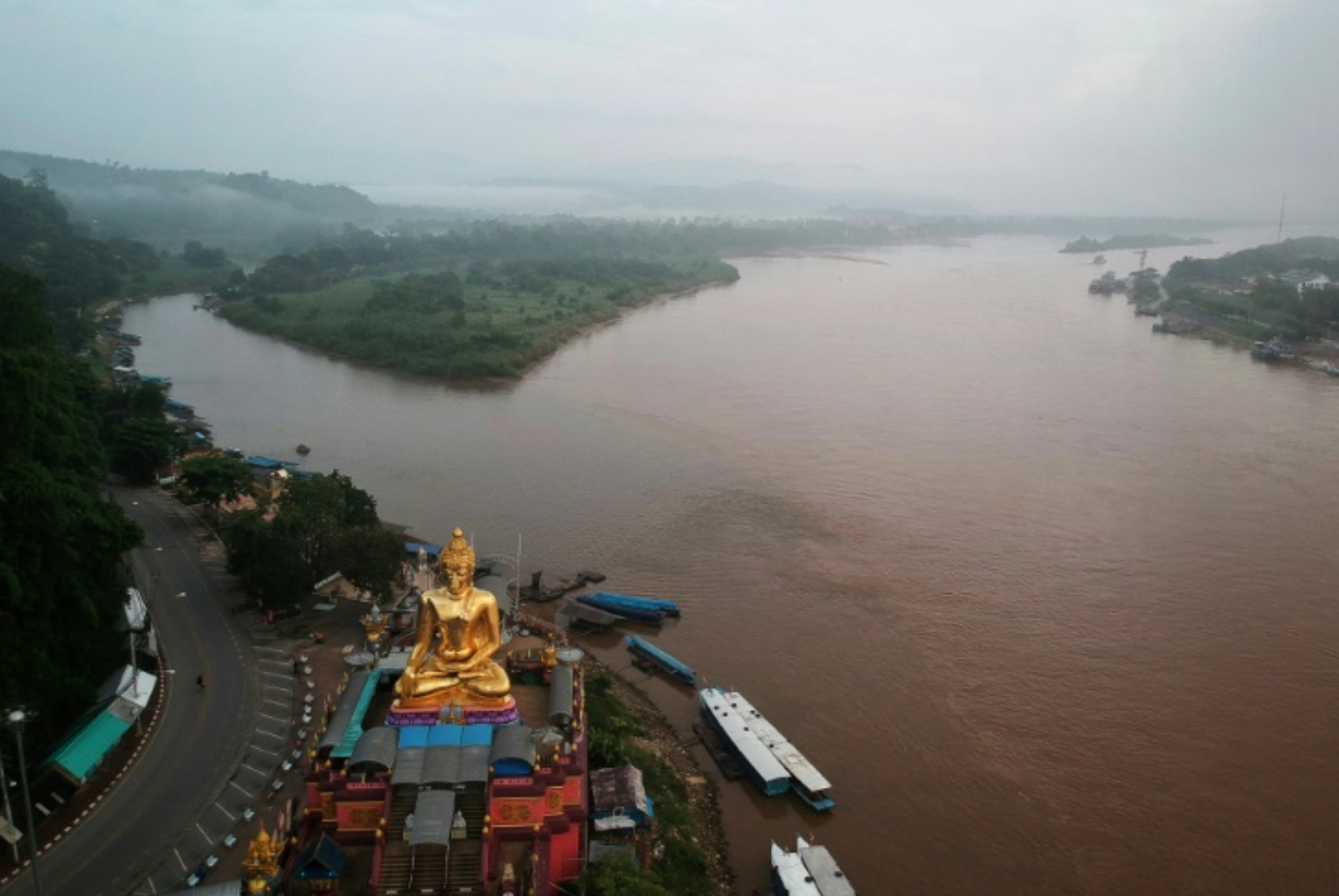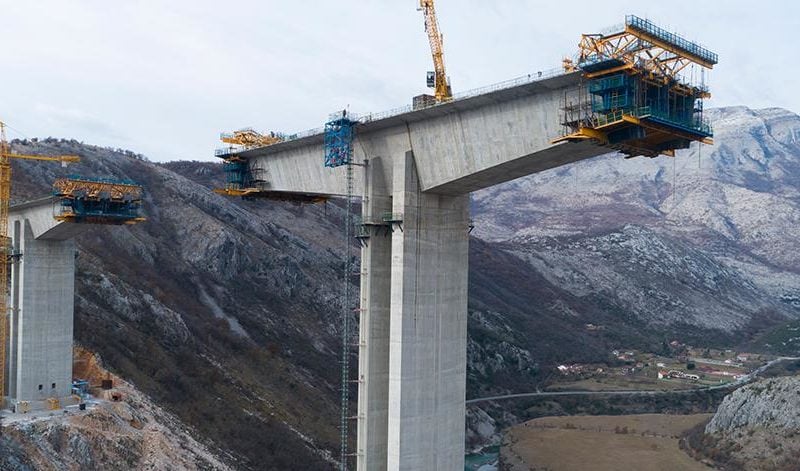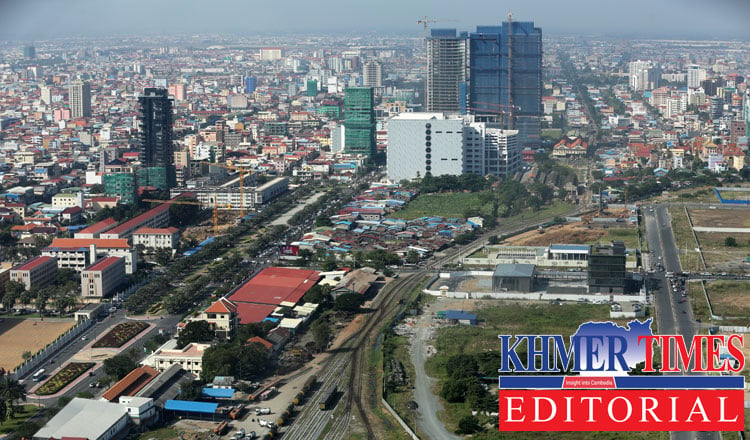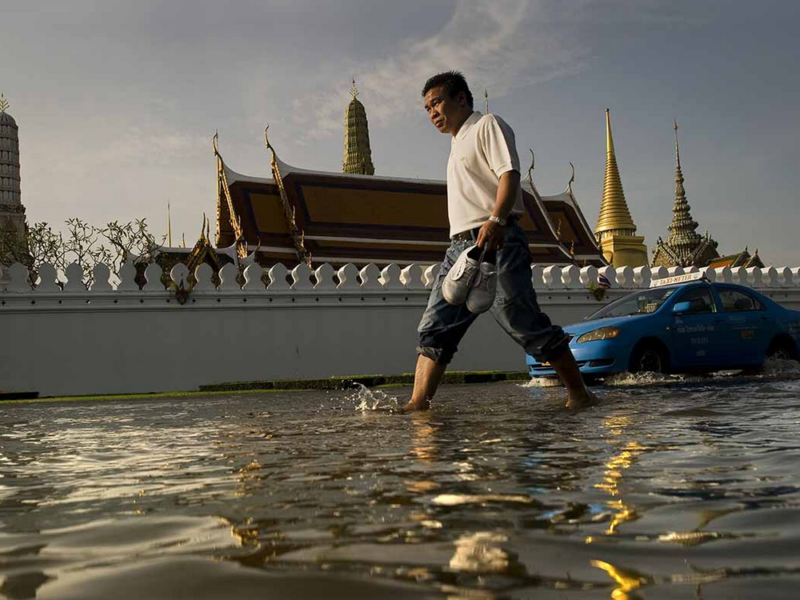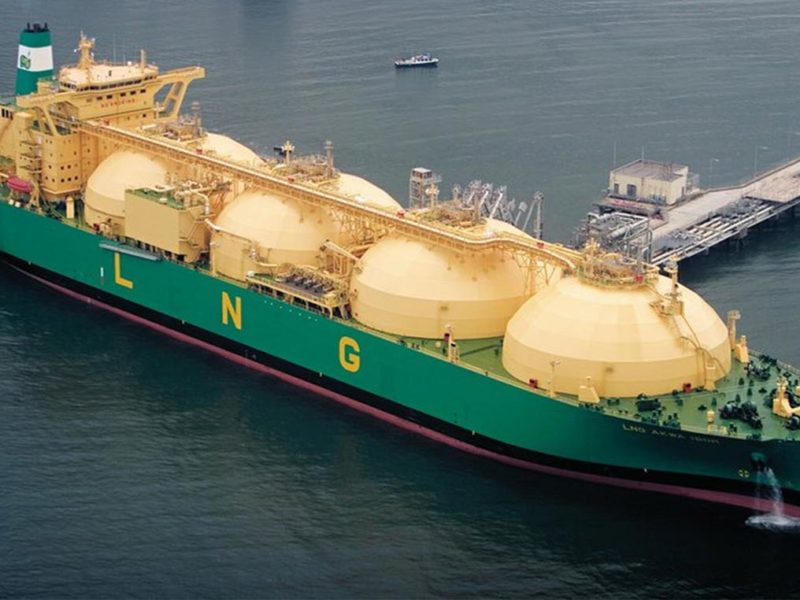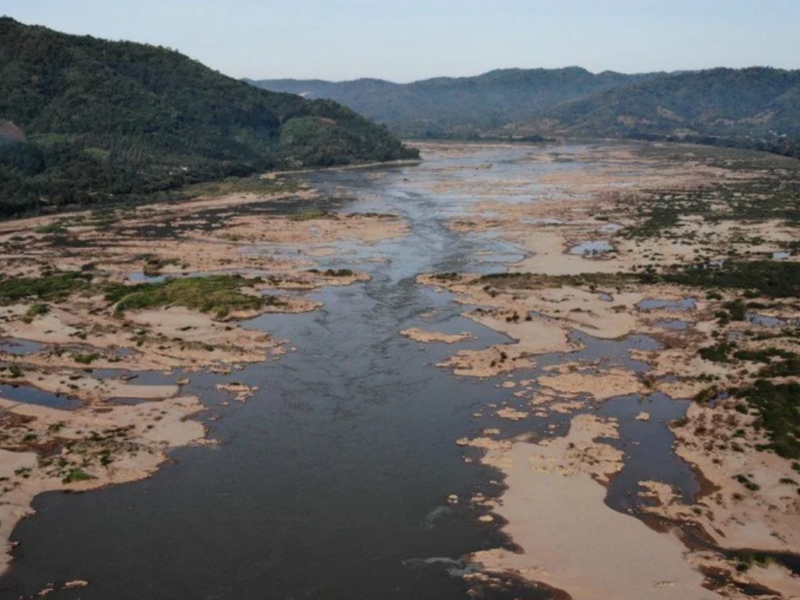Ocean plastic pollution is threatening humanity and Thailand cannot escape the blame as one of the world’s worst marine polluters. Although the government has pledged to tackle marine pollution, one thing is certain. Success is out of reach if the state authorities fail to engage local communities as equal partners.
Category: Opinion
Collection of opinions relevant to the Mekong environment published in media outlets across the globe.
A buffer zone for Thailand, last great hope for wildlife in Southeast Asia
If the Indochinese tiger is to be saved from extinction and, through some miracle, allowed to disperse back throughout the rest of its range, Thailand is its only hope.
Thailand’s key role in tackling climate emergency
Leading foreign diplomates in Thailand applaud Thailand’s ckunate change efforts include its Climate Change Act, which marks an important step towards action on climate change. We hope it will lead to further emissions reductions, allowing Thailand to become a regional leader in climate change mitigation and confirming its strong commitment to the 2030 Agenda and the Sustainable Development Goals. We look forward to continuing to support Thailand in these efforts.
Bold idea to solve pollution crisis
Let’s create a new, transboundary market to avoid pollution. This market would be comparable to the Voluntary Carbon Market (VCM), which is quickly becoming a key driver of climate action, as governments fail to act boldly.
Thailand must get its act together on US
New areas of cooperation including Mekong development, infrastructure, culture, public health security, agricultural innovations, cyber security, start-ups for young entrepreneurs and digital innovation are on the agenda. More specifically in the case of the Mekong-US Partnership, Thailand can serve as bridge for all donors and recipients.
A green alternative to the BRI
Response to China’s Belt and Road Initiative has to contend with a history of authoritarian, carbon-heavy development that both China and its opponents have pursued
Cambodia: NGOs economy and its downside effects
With rapid economic growth, coupled with the global “aid fatigue” when some donors are phasing out their assistance or shift their funds to other prioritised countries, people have started to question the sustainability of NGOs economy.
Save big cities in Asia from sinking
In Southeast Asia, Jakarta and Bangkok are sinking fast. In fact, Bangkok, located 0.5–2 metres above sea level, is sinking at a rate of 2–3 centimetres each year. It is predicted that a large part of the capital city will be underwater by 2030, 2050, or the conservative estimate of 2100.
Why Asean needs to care about Mekong issues like it did with haze
Asean ignores the impending implosion of the Mekong’s ecosystem at its peril, as the fallout will not be confined to the subregion. Food security challenges in the Mekong basin are a cause for region-wide concern since the countries along the river’s length are among the world’s biggest rice exporters.


